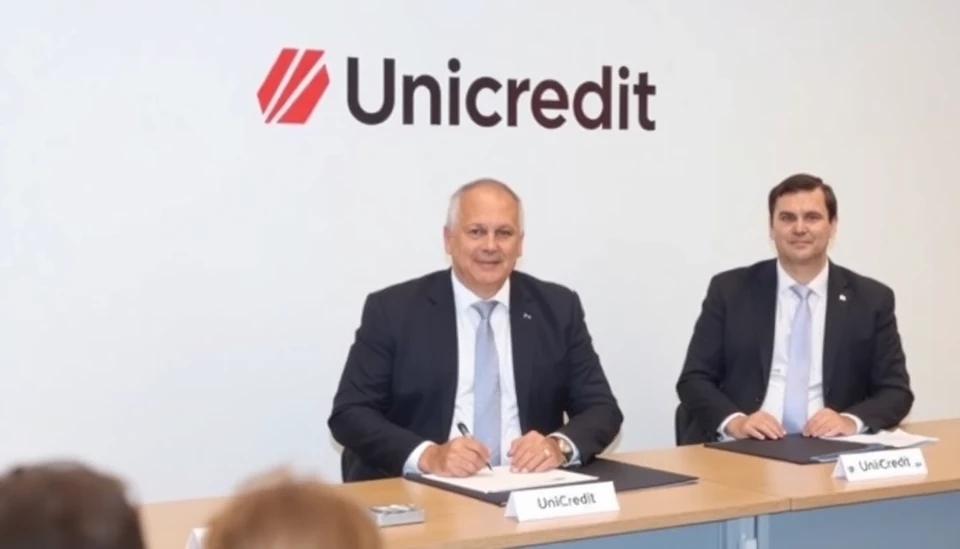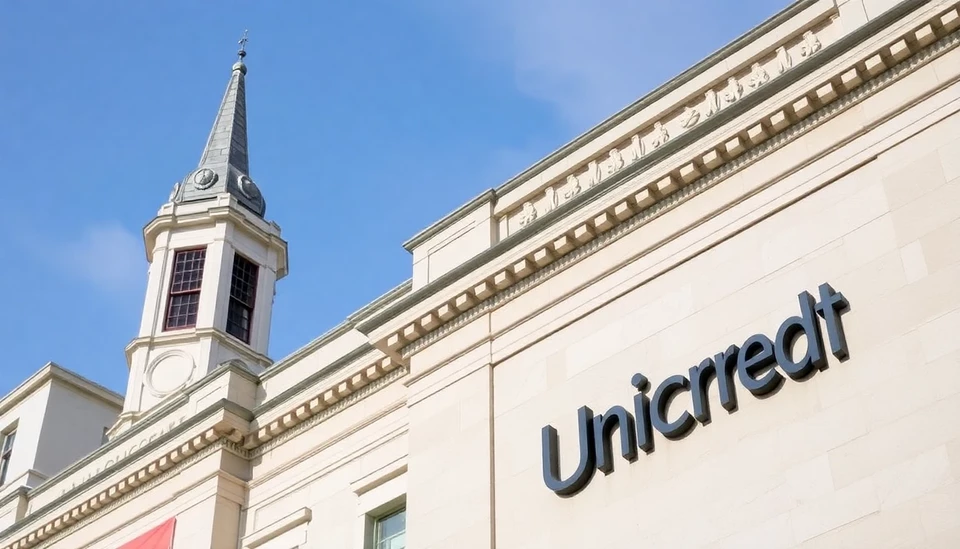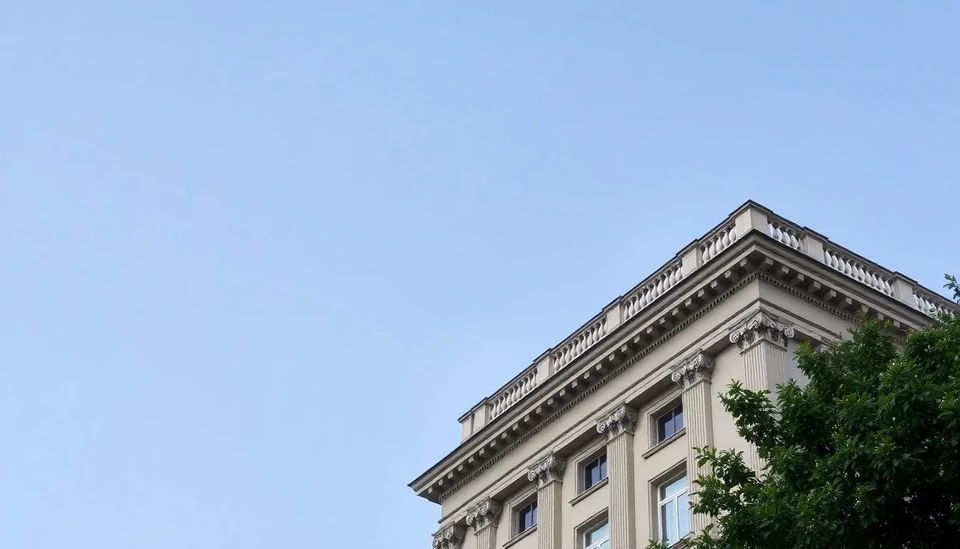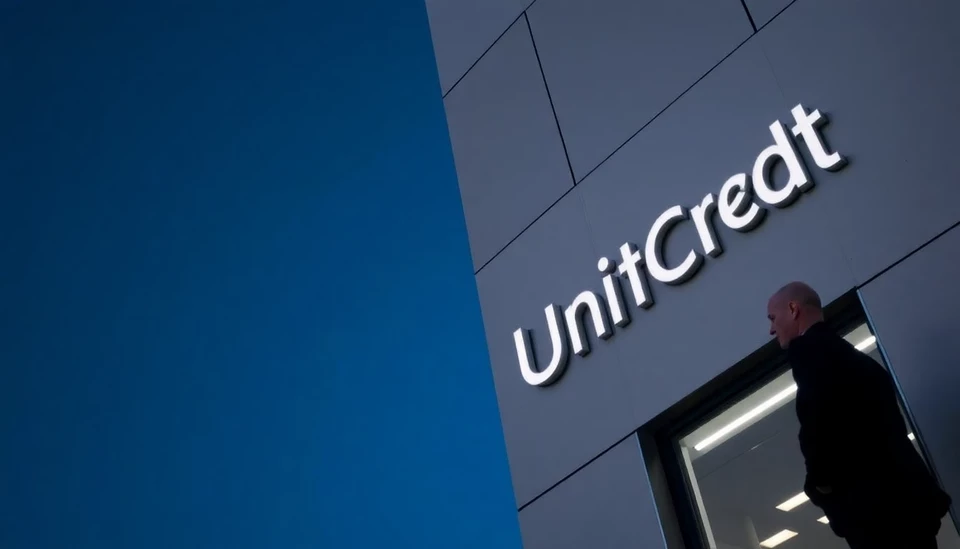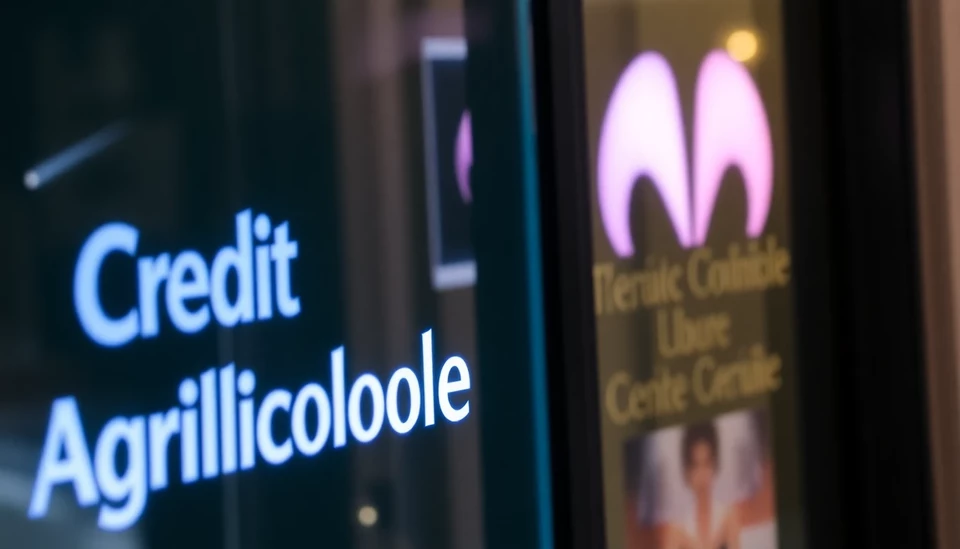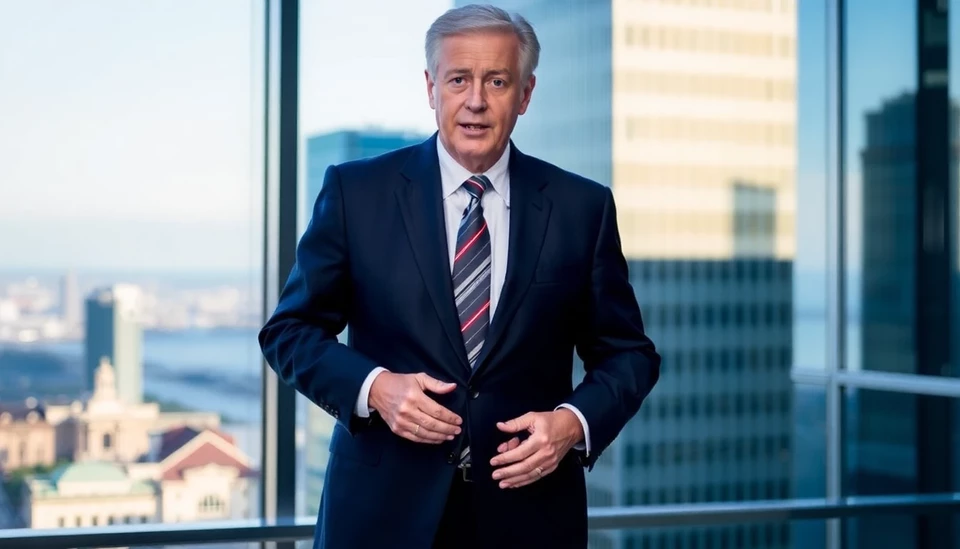
In a significant development within the banking sector, UniCredit’s CEO Andrea Orcel is reportedly preparing to unlock substantial capital through a potential landmark deal regarding a synthetic risk transfer (SRT) arrangement. This strategic maneuver could enable UniCredit to enhance its balance sheet and pursue further growth initiatives.
The SRT is a financial tool that allows banks to transfer risk while retaining exposure to financial assets, effectively freeing up regulatory capital. Analysts have indicated that such a deal could bolster UniCredit's financial foundations, providing the necessary capital for expansion projects and improving its overall market positioning.
According to sources, discussions around the SRT deal are in advanced stages and could potentially conclude by the end of this quarter. By engaging in this transaction, UniCredit aims to meet increasing demands for capital in light of evolving regulatory landscapes and economic conditions.
This move aligns with Orcel's broader strategy to enhance UniCredit's resilience and competitive edge in the crowded European banking sector. The CEO has been vocal about his commitment to optimizing capital efficiency and driving sustainable growth amidst ongoing economic challenges.
Furthermore, market observers are closely monitoring this development, as the implications of a successful SRT deal could extend beyond UniCredit itself, potentially impacting the wider financial ecosystem, investor sentiment, and regulatory practices across the region.
As the details of this deal unfold, stakeholders are keenly interested in understanding how it will shape UniCredit’s trajectory and what it means for the future of banking in Europe, particularly regarding approaches to risk management and capital utilization.
#UniCredit #BankingNews #AndreaOrcel #CapitalManagement #FinancialStrategy #SyntheticRiskTransfer
Author: Samuel Brooks
